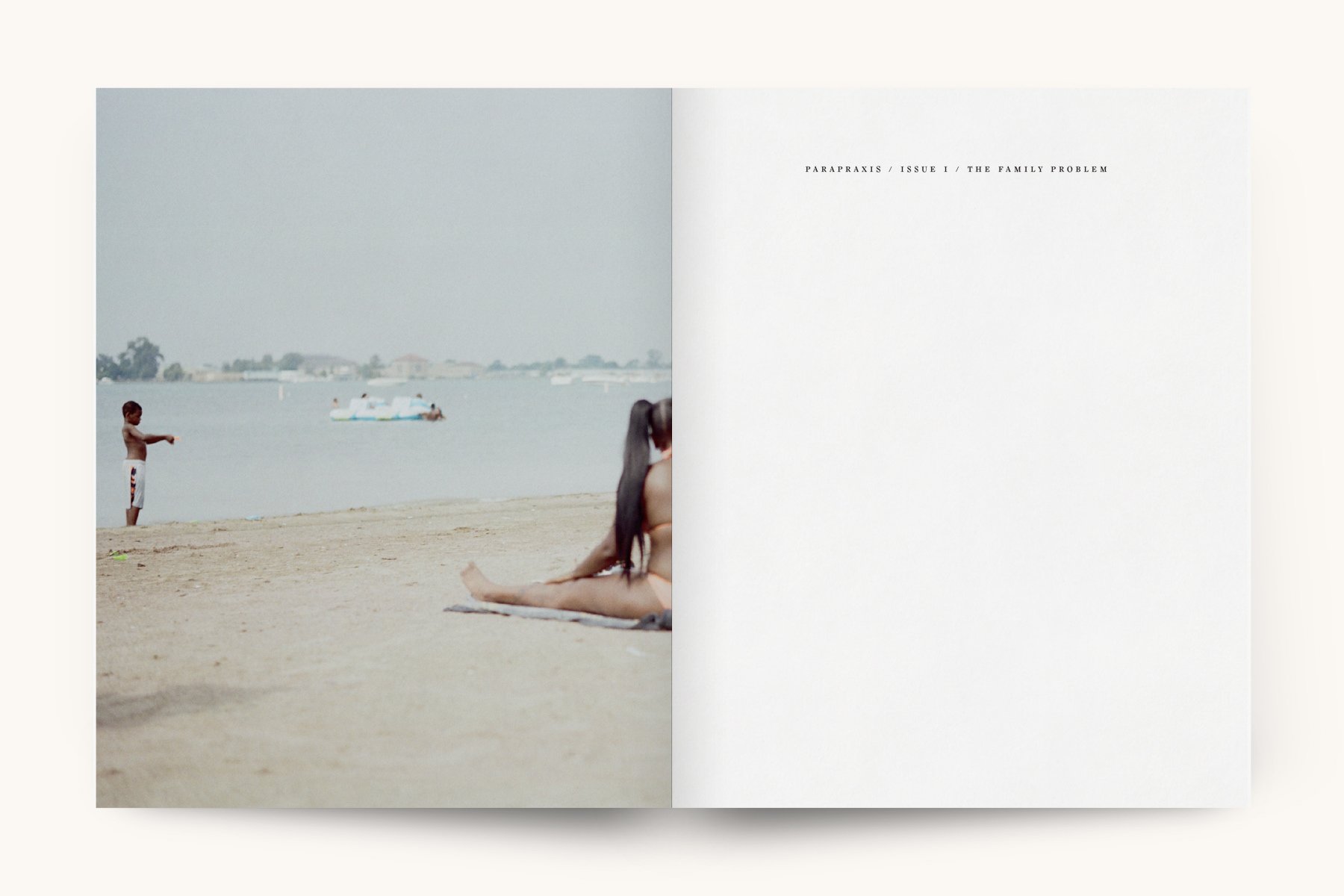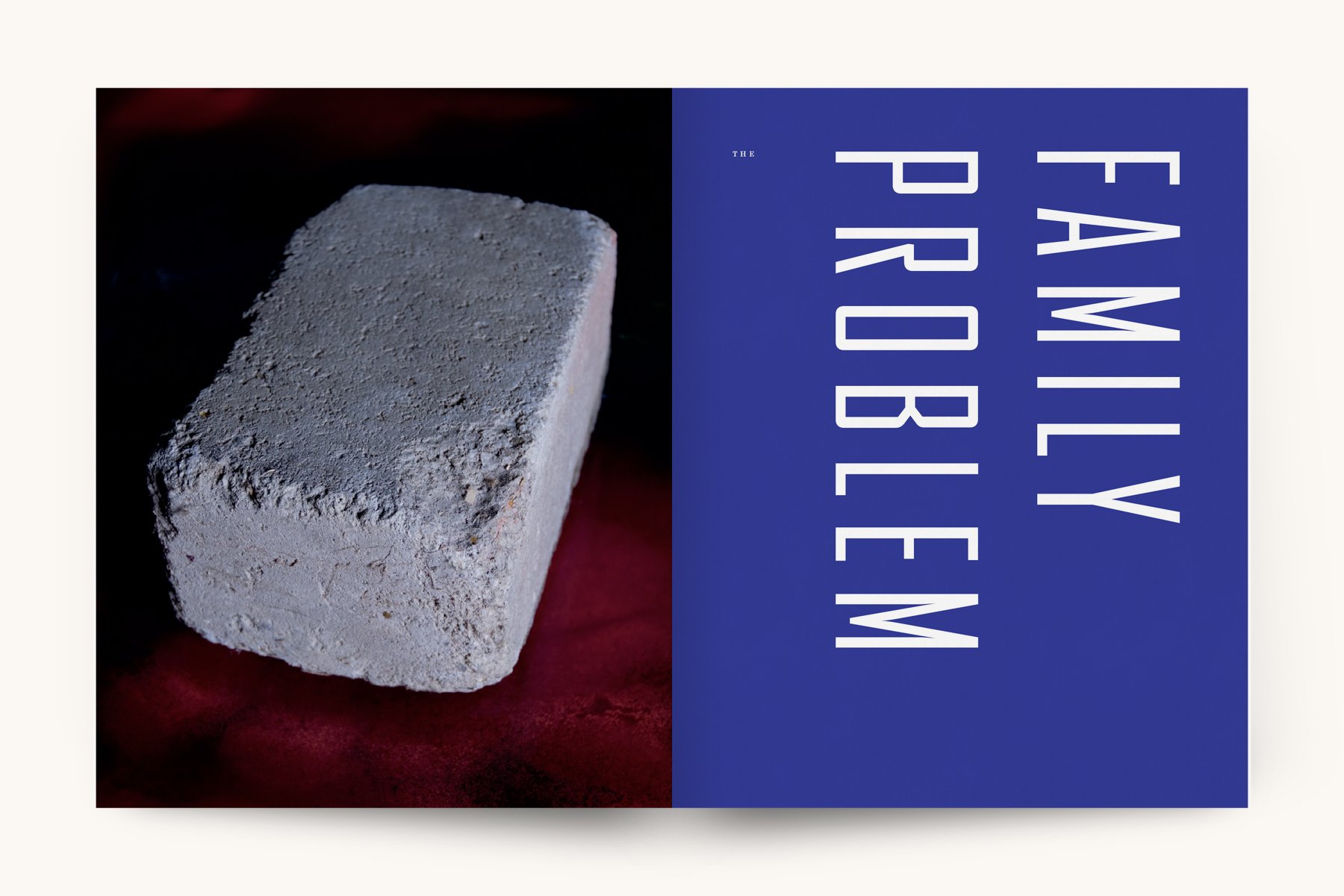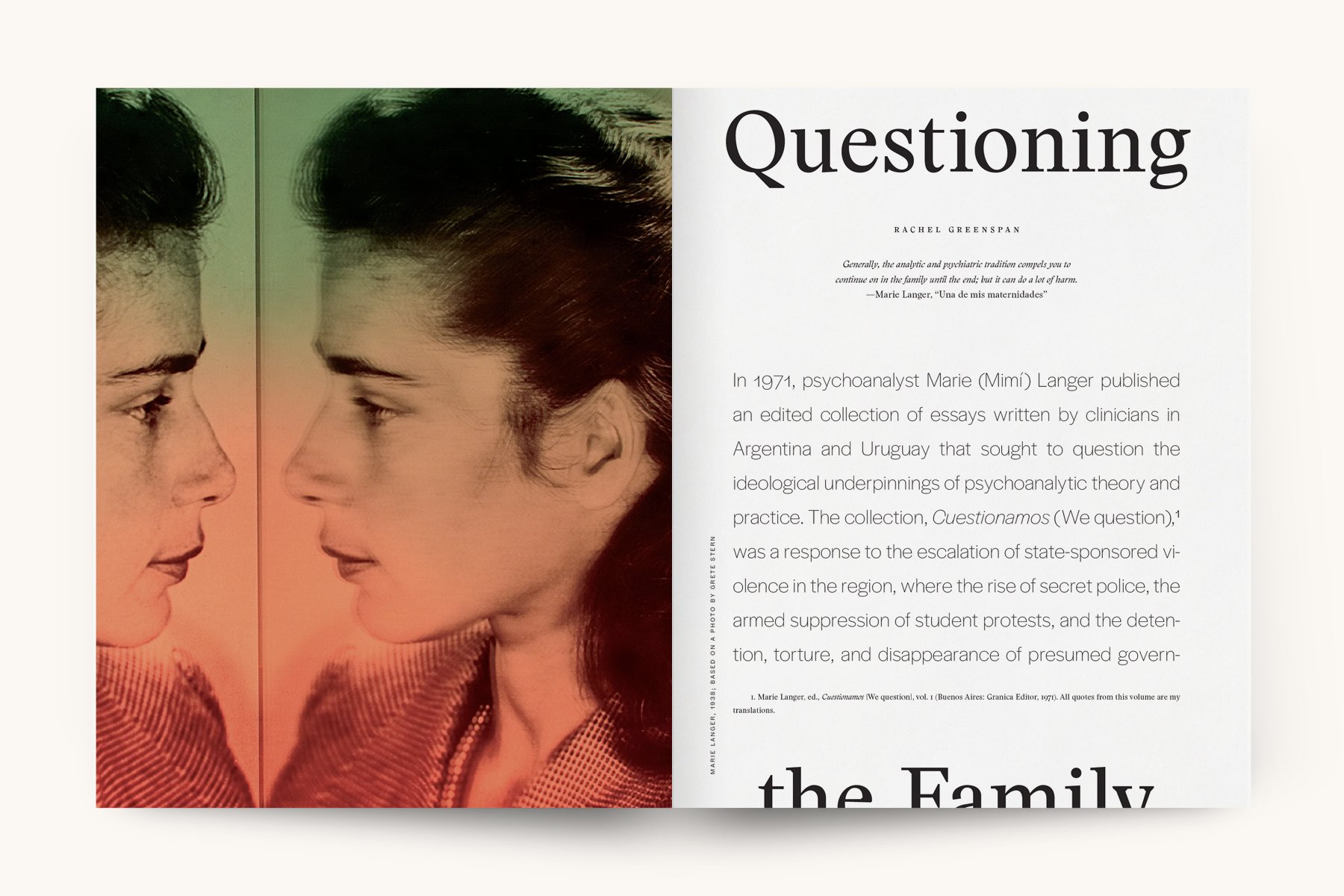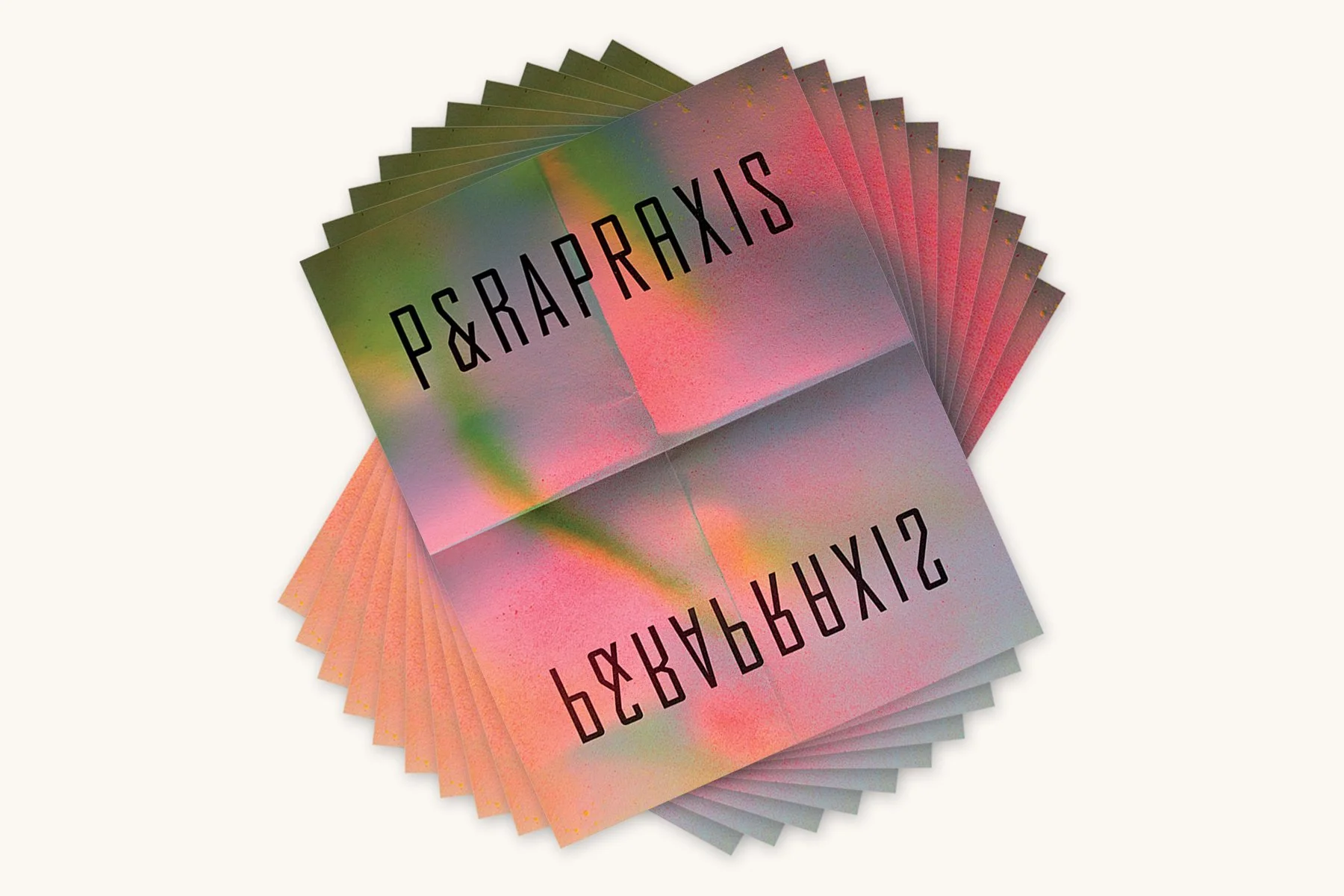Parapraxis Issue 03: The Wish
IN THE BEGINNING WAS THE WISH.
Dreams are the only place we can have what we wish, but both the wish and its fulfillment will be distorted. This is the Freudian notion of the dream. By 1900, Freud’s Interpretation of Dreams laid out his great achievement—a theory of the unconscious at work and a method for chasing its meanings down the royal road of dreaming. Freud doesn’t think the dream sends us a message, at least not a direct one. Instead, the dream tells us, particularly when recounted in analysis, of our wishes.
Psychoanalysis, one could say, was originally a science of wishes. But as we may have been told since the morality plots of Aesop’s fables, we have to be careful what we wish for, lest it come true. It is, as it has been said, the worst thing that can happen to a neurotic, to experience true wish fulfillment. Oedipus, after all, got his wish. If the basic unit of psychoanalysis is the wish, wishing has also been crucial to understanding mass protest, utopian theory, the drive to freedom, as well as the affects central to daily life under capitalism, the wish to destroy the other, be destroyed, to merge, to possess, to be possessed.
Before we could formulate psychoanalytic theories of desire, anxiety, and drive, Freud knew we had to be careful what we wished for. Consent and its limits. Bad trips. Yearning for a radical clinic that was and wasn’t. Speaking the wish to be silenced. Death drive against ecocide. The wish for girlhood otherwise. Essays by Amber Jamilla Musser, Samo Tomšič, Eugenie Brinkema, Jyoti M. Rao, Anna Kornbluh, Grace Byron, and more.
IN THE BEGINNING WAS THE WISH.
Dreams are the only place we can have what we wish, but both the wish and its fulfillment will be distorted. This is the Freudian notion of the dream. By 1900, Freud’s Interpretation of Dreams laid out his great achievement—a theory of the unconscious at work and a method for chasing its meanings down the royal road of dreaming. Freud doesn’t think the dream sends us a message, at least not a direct one. Instead, the dream tells us, particularly when recounted in analysis, of our wishes.
Psychoanalysis, one could say, was originally a science of wishes. But as we may have been told since the morality plots of Aesop’s fables, we have to be careful what we wish for, lest it come true. It is, as it has been said, the worst thing that can happen to a neurotic, to experience true wish fulfillment. Oedipus, after all, got his wish. If the basic unit of psychoanalysis is the wish, wishing has also been crucial to understanding mass protest, utopian theory, the drive to freedom, as well as the affects central to daily life under capitalism, the wish to destroy the other, be destroyed, to merge, to possess, to be possessed.
Before we could formulate psychoanalytic theories of desire, anxiety, and drive, Freud knew we had to be careful what we wished for. Consent and its limits. Bad trips. Yearning for a radical clinic that was and wasn’t. Speaking the wish to be silenced. Death drive against ecocide. The wish for girlhood otherwise. Essays by Amber Jamilla Musser, Samo Tomšič, Eugenie Brinkema, Jyoti M. Rao, Anna Kornbluh, Grace Byron, and more.
IN THE BEGINNING WAS THE WISH.
Dreams are the only place we can have what we wish, but both the wish and its fulfillment will be distorted. This is the Freudian notion of the dream. By 1900, Freud’s Interpretation of Dreams laid out his great achievement—a theory of the unconscious at work and a method for chasing its meanings down the royal road of dreaming. Freud doesn’t think the dream sends us a message, at least not a direct one. Instead, the dream tells us, particularly when recounted in analysis, of our wishes.
Psychoanalysis, one could say, was originally a science of wishes. But as we may have been told since the morality plots of Aesop’s fables, we have to be careful what we wish for, lest it come true. It is, as it has been said, the worst thing that can happen to a neurotic, to experience true wish fulfillment. Oedipus, after all, got his wish. If the basic unit of psychoanalysis is the wish, wishing has also been crucial to understanding mass protest, utopian theory, the drive to freedom, as well as the affects central to daily life under capitalism, the wish to destroy the other, be destroyed, to merge, to possess, to be possessed.
Before we could formulate psychoanalytic theories of desire, anxiety, and drive, Freud knew we had to be careful what we wished for. Consent and its limits. Bad trips. Yearning for a radical clinic that was and wasn’t. Speaking the wish to be silenced. Death drive against ecocide. The wish for girlhood otherwise. Essays by Amber Jamilla Musser, Samo Tomšič, Eugenie Brinkema, Jyoti M. Rao, Anna Kornbluh, Grace Byron, and more.











